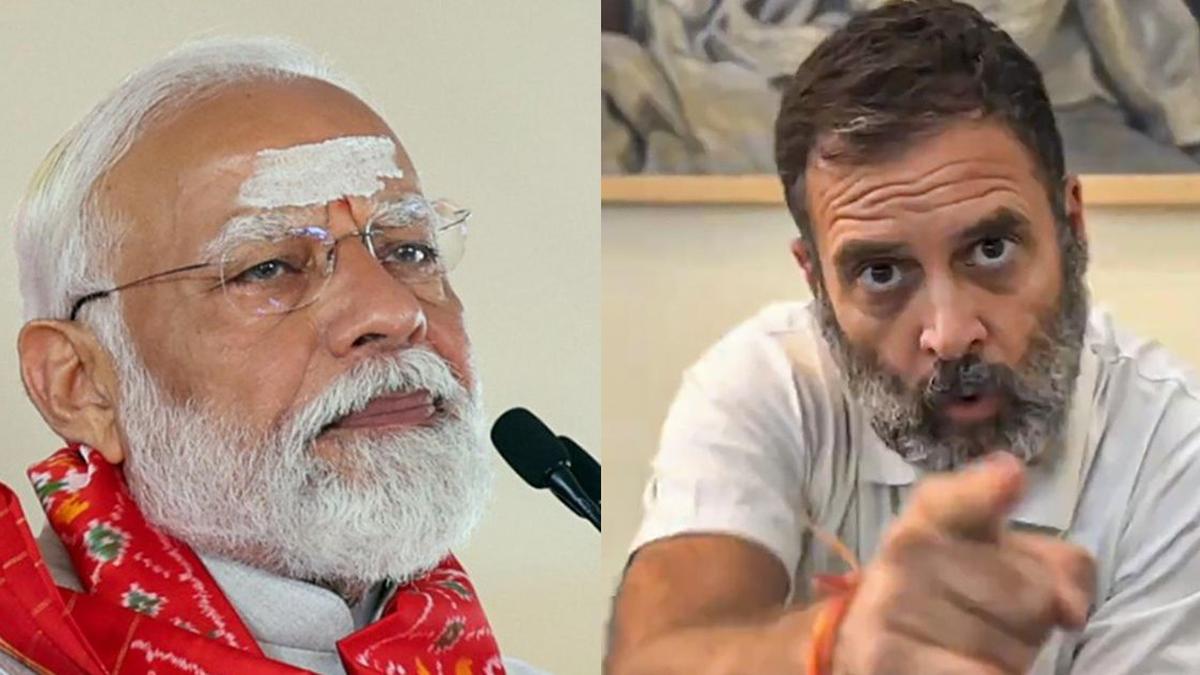We had all become a little complacent; we had bought into the myth that after more than a decade in hiding in the U.K., and another couple of decades somewhat more exposed in the U.S., Salman Rushdie had been forgotten by his persecutors. Ayatollah Khomeini, who had proclaimed the fatwa in 1989 had died months after Rushdie had – in Martin Amis’s evocative words – “vanished into the front pages”.
Rushdie himself hadn’t been complacent, though. In August 2022, when a young man interrupted his speech in Chautauqua and stabbed him multiple times, “my first thought when I saw this murderous shape rushing toward me was: So it’s you. Here you are,” he writes in Knife: Meditations After an Attempted Murder.
Rushdie lost a lot of blood, and his right eye. It took him eight months of therapy to be able to touch his thumb with his index finger. The attacker had read only two pages of Satanic Verses, and said he disliked Rushdie who was “disingenuous.” A doctor told Rushdie, “You are lucky that the man who attacked you had no idea how to kill a man with a knife.”
The knife of the title is both metaphorical and literal. This is a book of recovery, of torture and resilience, of acceptance, and optimism. It is also a moving love story. A year before the attack Rushdie had married Rachel Eliza Griffiths, American poet and novelist. Much of the tenderness of the narrative derives from that relationship. On their wedding day, Rushdie recited E.E. Cummings’ poem, I carry your heart with me…
It had begun with Rushdie walking into a sliding glass door, injuring himself and being taken to his house by Eliza. The sliding door moment could not be an accidental usage - Rushdie is too steeped in popular culture for that.
In a previous memoir, Joseph Anton, Rushdie had written about his years in hiding, and the struggle towards normality as a writer and person in circumstances he had no control over. Knife too is about circumstances he had no control over. Yet unlike the previous book which occasionally tended towards personal heroism, this one is more confessional and reveals human weaknesses. It gives the writing a particular allure.
Rushdie went to Chautauqua, he says, because “we had some big domestic bills to pay….the money would be very handy.” You have to admire such honesty.
The cultural references, from literature to movies to rock music to contemporary celebrities, enrich the tales from the hospital bed and the recovery at home. The fictional ‘interview’ with his attacker (who is not named in the book) is pure Rushdie, and in some ways a personal manifesto of art and literature.
It ends with Rushdie telling his attacker (in his mind): “I see you now my failed murderer…you could try to kill because you didn’t know how to laugh.”
There’s much laughter in Knife, helping to bring the pain and frustration of a great writer into sharper focus. Surely the Nobel committee cannot continue to ignore him?

 1 week ago
133
1 week ago
133



